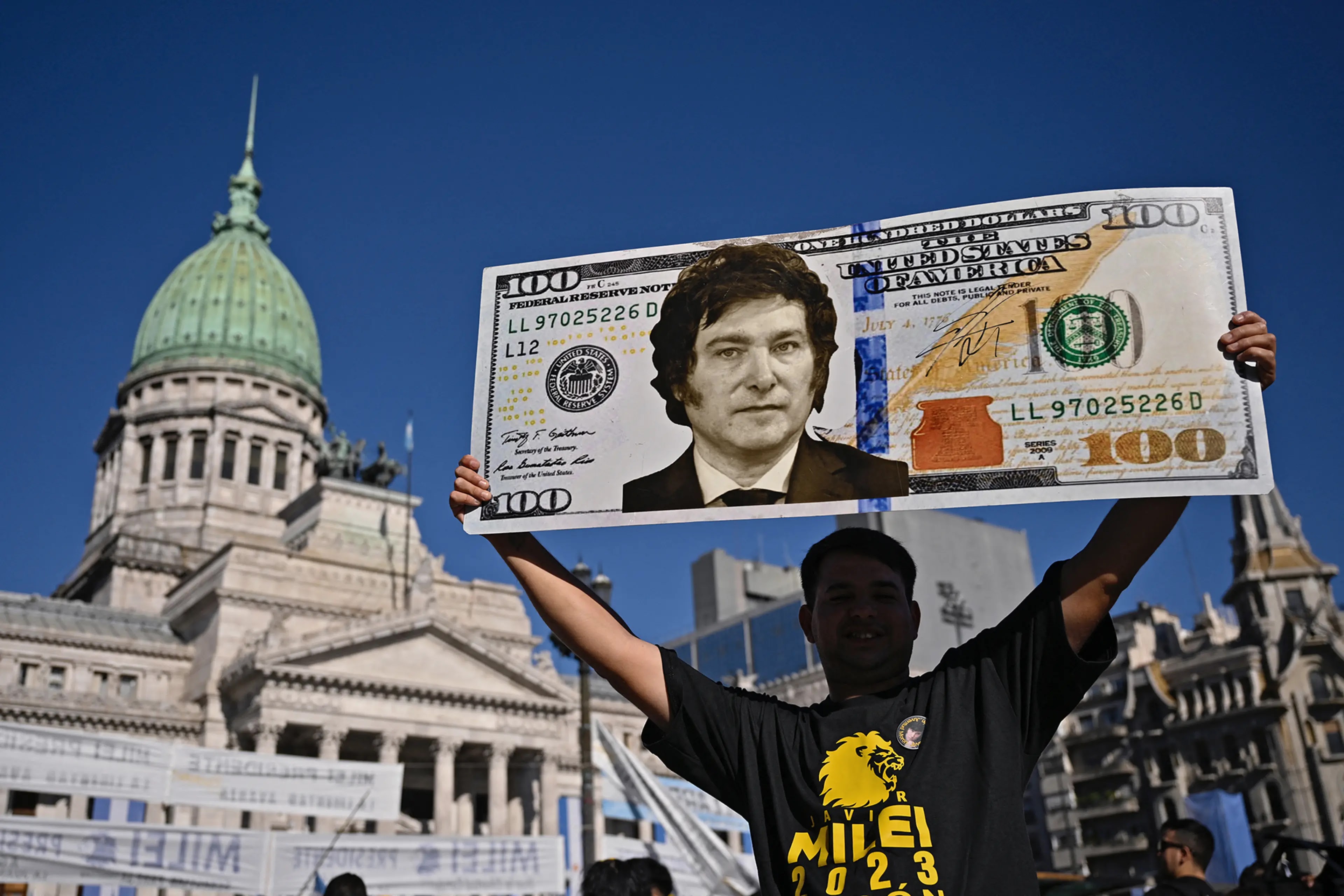Club World Cup: Brazil’s Brilliance, Argentina’s Breakdown
The four Brazilian Palmeiras, Flamengo, Fluminense and Botafogo representatives participating in the 2025 FIFA Club World Cup have all advanced to the Round of 16, showcasing the incredible strength of samba football.
In stark contrast to the brilliance of the Brazilian clubs, the two Argentine representatives, River Plate and Boca Juniors, were both eliminated in humiliating fashion.
Boca Juniors failed to defeat amateur-level side Auckland City and suffered defeats against both Benfica and Bayern Munich in Group C.
River Plate fared no better. After initially topping their group, they dropped to third place following a loss to Inter Milan and ultimately missed out on qualification due to a defeat by Mexican side Monterrey.
These results highlight the significant gap between Argentine and Brazilian club football. Over the past decade, the balance of power in South American club football has shifted dramatically.
Brazilian clubs have gradually started to dominate, while Argentina’s representatives have grown increasingly weaker. This trend has been evident in recent editions of the Copa Libertadores and is now continuing in the 2025 FIFA Club World Cup.
Since 2019, Brazilian teams have dominated the Copa Libertadores. Flamengo claimed the title in 2019 and 2022, while Palmeiras won in 2020 and 2021. In the last five seasons, four of the finals have been all-Brazilian affairs. The only Argentine team to reach the final during this period was Boca Juniors, who lost 2-1 to Fluminense in 2022.
This disparity can be attributed to several factors, with the economic situation playing a key role. Brazil’s economy is more stable, and major clubs such as Flamengo, Palmeiras, and Atlético Mineiro benefit from strong sponsorships, lucrative television deals, and private investment.
As a result, Brazilian teams are able to retain many star players while also recruiting high-profile names from Europe and around the region, allowing them to maintain excellent squad depth.
In contrast, Argentine clubs are facing a financial crisis. The sharp depreciation of the peso has made player salaries in Argentina less attractive. This has led many young talents to leave early in search of better opportunities in Mexico, the United States, or mid-tier European teams.
Once icons of South American football, historic clubs like Boca Juniors and River Plate now struggle to retain talent or invest in new players. Additionally, their stadiums, facilities, and youth development systems have suffered significant decline due to a lack of funding and investment.

